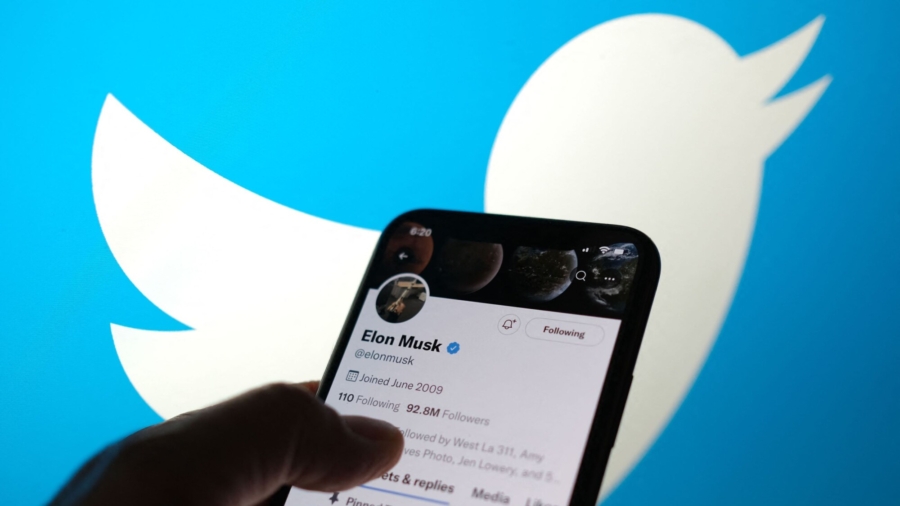Twitter announced Tuesday that it was filing a preliminary proxy statement with the U.S. Securities and Exchange Commission (SEC) in order to complete the Elon Musk buyout “on the agreed price,” and as “promptly as practicable.”
Twitter wants the $54.20 per share in cash deal with Musk to go through, while the billionaire is hesitant following allegations that the social media platform is rife with spam or bot accounts.
“The preliminary proxy statement contains important information including the background of, and reasons for, Twitter’s transaction with Mr. Musk,” the company said in a statement, adding that it expects the deal to close in 2022.
Moreover, Twitter encouraged shareholders to vote in favor of the deal in the preliminary proxy statement.
The board of directors unanimously “determined that the merger agreement is advisable,” and that it is “in the best interests of Twitter and its stockholders.”
Meanwhile, Musk has called on the SEC to investigate the actual number of users on the network.
“Hello @SECGov, anyone home?” Musk wrote in a Twitter post on May 17 as a response to a suggestion for the regulatory authority to look into Twitter’s claims regarding the number of users.
As the uncertainties continue, the stock price has fallen from $46.09 last Wednesday to close at $38.32 Tuesday, a decrease of over 16.8 percent.
Tuesday’s closing price is the lowest since April 1, or the last trading session before Musk revealed he took 9 percent minority ownership of the company.
“Twitter deal temporarily on hold pending details supporting calculation that spam/fake accounts do indeed represent less than 5% of users,” Musk said in a May 13 post, but “still committed to acquisition.”
When questioned by users why he didn’t check before offering $44 billion, Musk replied that he based his offer upon the accuracy of Twitter’s public filings.
On Monday, Twitter CEO Parag Agarwal said in a Twitter thread that fighting bots was a dynamic issue and the company suspends half a million spam bots on a daily basis.
“The hard challenge is that many accounts which look fake superficially—are actually real people. And some of the spam accounts which are actually the most dangerous—and cause the most harm to our users—can look totally legitimate on the surface.”
According to internal measurements, Agarwal maintained that the spam accounts were less than 5 percent of the total, but “unfortunately, we don’t believe that this specific estimation can be performed externally, given the critical need to use both public and private information (which we can’t share).”
Musk said on Tuesday: “20% fake/spam accounts, while 4 times what Twitter claims, could be *much* higher. My offer was based on Twitter’s SEC filings being accurate. Yesterday, Twitter’s CEO publicly refused to show proof of <5%. This deal cannot move forward until he does.”
Investors have been selling shares forecasting a cancellation of the deal. If Musk abandons the acquisition, he could be liable to pay a $1 billion breakup fee.
From The Epoch Times

